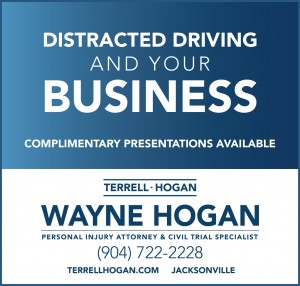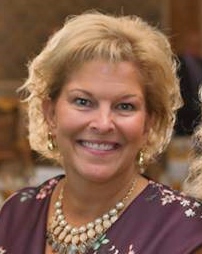 While traveling in Colorado, I read an editorial in the Vail Daily: Make distracted driving against the rules at work. Because I feel so strongly about the dangers of distracted driving in all forms, I wrote a letter commending their editorial and sharing the “rest of the story” about the dangers of distracted driving.
While traveling in Colorado, I read an editorial in the Vail Daily: Make distracted driving against the rules at work. Because I feel so strongly about the dangers of distracted driving in all forms, I wrote a letter commending their editorial and sharing the “rest of the story” about the dangers of distracted driving.
Make Distracted Driving Against the Rules at Work
Your recent commentary, “Just hang up,” helped raise awareness about the dangers of distracted driving but seemed to over-focus on young drivers. Frankly, adult drivers would do well to borrow from yesteryear’s Pogo cartoon strip and admit, “We have met the enemy and he is us.”
Let’s face it, these mobile devices have barged into the lives of drivers of all ages, and there are decades more adults than teens. The first car phones many of us saw were almost the size of a car battery; they kept shrinking and the danger kept growing. It’s a public health threat killing more than 3,000 every year, more than polio in its worst year.
Why do drivers from earlier generations seem to get a pass on something every bit as dangerous as drunken driving? After all, The Eagles warned us in “Hotel California,” “We are all just prisoners here, of our own device.” Vehicular manslaughter prosecutions have been appearing on criminal dockets across the country, so it’s a fitting irony that they’re called “cell” phones.
So, what should adults do? Be good role models, of course, for children, grandchildren, nieces and nephews. But many who live in or visit the Vail Valley can do much more. They have ownership or management interests in companies with employees driving “in the course and scope of employment.” Companies, nonprofits and governmental units facing potential vicarious liability for death and injury caused by distracted employees can adopt and enforce anti-cellphone policies.
The bottom-line stakes are high: brand damage, liability and workers compensation, Occupational Safety and Health Administration fines and uninsurable punitive damages, to name a few. If drivers are doing your business, then even on their own phones and in their own cars, the problem is not just theirs, it’s yours. So, having and enforcing a policy makes solid, bottom-line sense and can save lives. A good place to start is with the National Safety Council. Most companies have legal counsel; is there a better reason to ask for advice?
But what about productivity, you ask. Think about it, is anyone less productive than the employee who’s dead, hospitalized, jailed or in court due to a serious crash? And the employee who thinks, “I’ll just make those calls on the road” is likely the employee who neither plans well nor works efficiently. That employee puts the company at risk.
On a personal level, we now seem to think we should be connected all of the time to everyone in our lives; we feel obligated to answer whenever they call. That’s OK, you say; I’m a multitasker. Well, multitasking is a myth; Google it, but not from your car.
Brain science shows that when we drive and talk on the phone, key parts of our brains leave the task of driving and focus on the person miles away. The eye sees, but the brain is blinded. Think about it: Can you say you’ve been on the phone, whether hands-free or not, and never missed your exit, your turn or even the parking lot of the store you were headed to or wondered if you did.

We just celebrated Independence Day, so why not be independent? Experience the greatest sense of freedom you’ve had in the past decade; just forget the phone when you’re driving. Try it, even for a day; you’ll like it and want to do more of it.
By the way, as with all things these days, there’s an app for that. Or you can simply personalize your cellphone greeting to say, “I don’t use my phone when I’m driving because it’s dangerous, and I may be driving now, so please leave a message.” Callers will understand and they may follow your example and live to thank you.
Wayne Hogan
Attorney, Jacksonville, Florida


